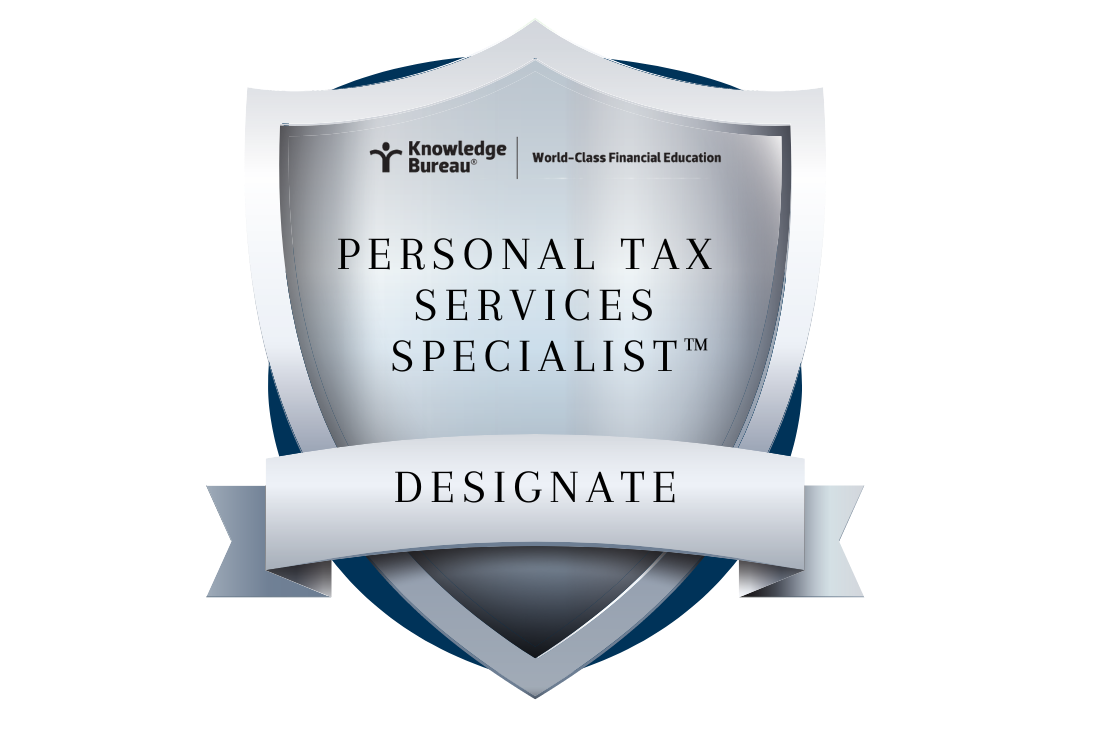Should a Business Incorporate?

To incorporate or not incorporate, that is the question… a very common question that small business owners ask their trusted advisor. There are so many variables that come into play in this decision, so the answer is, it depends! Read on as we consider the factors to consider with a small business owner. Only then should the transition from sole proprietor or partnership to a Canadian Controlled Private Corporation (CCPC) be taken.
Pros of Incorporating
- Limiting Business Liability Operating a business under the corporate structure provides a layer of security to restrict personal liability. For some businesses this could be the most valuable reason to incorporate.
- Access to Capital Corporations can raise money by selling shares to investors who then become shareholders.
- Corporate loans are often provided at lower rates. However, most financial institutions will require personal guarantees.
- A corporation is its own entity, separate from each shareholder and can own property and enter into contracts. It also files its own tax return.
- Estate Planning An incorporated business does not end when a shareholder passes away. This can simplify the transfer of assets at death.

- Lifetime Capital Gains Exemption (LCGE) Opportunity to reduce or eliminate capital gains upon sale of corporation for each shareholder. The capital gains exemption is $913,630 for Qualified Small Business Corporations (QSBC) for 2022 plus an additional amount of $86,370 for Qualified Farm and Fishing Property to equal $1,000,000. This additional amount will decrease each year until the amounts match. Since capital gains are taxed at 50%, half of this is the taxable capital gain.
- Retirement Planning and Tax Deferral A corporation provides a tax deferral opportunity. Any monies not transferred or paid out a shareholder stays in the corporation. Corporate tax rates are low. These funds can be held in the corporation and can be methodically paid out over the retirement years.
- Income Splitting With the introduction of TOSI in 2018, families have more restricted options to income splitting with dividend sprinkling. Be sure to see a Tax Services Specialist with recent corporate tax education for more information. Knowledge Bureau provides an excellent Corporate Tax Preparation program for those who wish to come up to speed on the rules.
- Tax Savings A CCPC gets the benefit of the small business deduction (SBD) which can effectively provide the corporation with lower tax rates on the first $500,000 of taxable income. However, the amount of passive investment income can have a bearing on this; as can provincial tax rates.
Disadvantages of Incorporating
- Administrative Burden There is much more paperwork. This includes filing separate tax and legal returns; including a legal requirement to file a return every year, even when there is no earned income; detailed, regulated accounting records must be maintained; plus, regulated closing procedures.
- Costs There are costs connected to the initial legalities of incorporating. Annually, tax preparation and legal filing, business consulting fees and additional accounting costs all add up to eat into a company’s profitability.
- Increased taxes are possible Even though corporate income is taxed at a lower rate than personal taxes, this only applies to monies left in the corporation. When corporate income is paid out to a shareholder it is taxed on that individual’s personal tax return. Careful planning needs to happen to ensure that the combined corporate and personal tax is lower or at least equal to the amount of tax that would be owed if earned directly.
- Losses are more difficult to utilize Should a proprietorship incur a loss one year, this can offset other income earned by that taxpayer in that year, the previous three years or for 20 years in the future. An incorporated business does not have that same benefit since the business and the shareholder are two separate taxpayers. As such, corporate losses can only offset corporate income.
Bottom Line: Know your client, review the present and predicted financial health of the business, discuss the client’s future plans (including retirement funding) and look at liability risks for the particular industry. Using the above pros and cons, you can help your client decide if the time is right to incorporate their business.
Diane Elliott, founder of Millennium Tax Services, Cambridge, ON (1998). DFA - Tax Services Specialist, RWM™ is a long time instructor and author with Knowledge Bureau.
©Knowledge Bureau, Inc. All rights Reserved